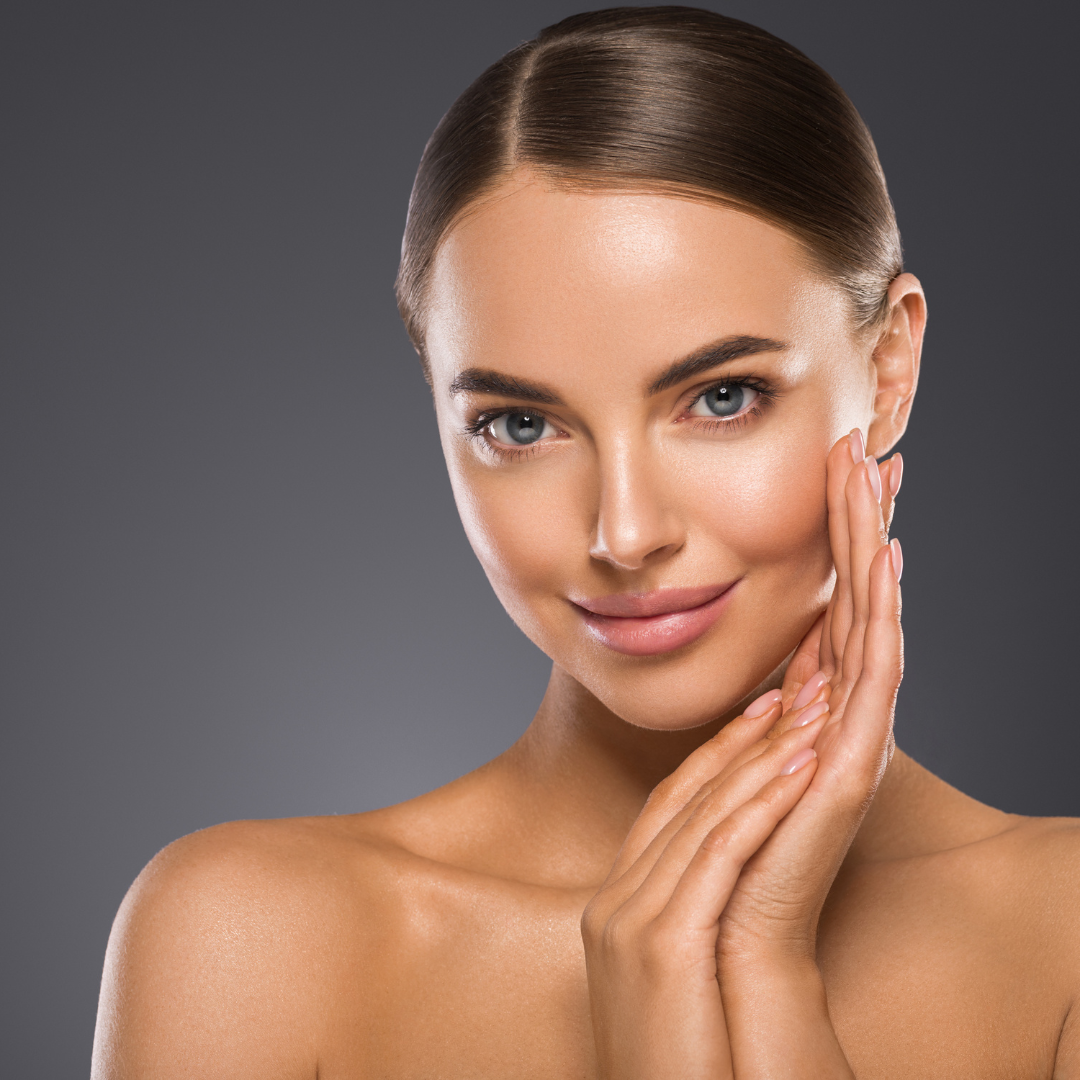
Nourishing Your Skin from the Inside Out
Our skin, the largest organ of the body, serves as a protective barrier against environmental hazards, helps regulate temperature, and provides sensory information. While topical treatments can play a role in maintaining skin health, the adage “you are what you eat” holds significant truth. Nutrition plays a pivotal role in the health and appearance of our skin, influencing factors such as hydration, elasticity, and the rate of aging. Understanding the relationship between diet and skin health can help us make informed choices that promote a radiant complexion from the inside out.
The Role of Nutrients in Skin Health
Vitamins and Antioxidants
- Vitamin C: Essential for the synthesis of collagen, a protein that keeps the skin firm and supple. Vitamin C also acts as a powerful antioxidant, protecting the skin from damage caused by free radicals and UV exposure. Citrus fruits, strawberries, bell peppers, and leafy greens are excellent sources.
- Vitamin E: Another potent antioxidant, Vitamin E helps protect skin cells from oxidative damage. It is found in nuts, seeds, and green leafy vegetables.
- Vitamin A: Vital for skin cell production and repair, Vitamin A helps maintain a healthy, vibrant complexion. Beta-carotene, a precursor to Vitamin A, is abundant in carrots, sweet potatoes, and dark leafy greens.
- Vitamin D: Produced in the skin in response to sunlight, Vitamin D is crucial for skin cell growth and repair. It also supports the skin’s immune system and helps destroy free radicals that can cause premature aging.
Minerals
- Zinc: Plays a crucial role in skin healing and reducing inflammation. It can help treat acne and is found in foods such as nuts, seeds, and whole grains.
- Selenium: This mineral helps protect the skin from oxidative damage and can be found in Brazil nuts, eggs, and seafood.
Healthy Fats
- Omega-3 Fatty Acids: These essential fats help maintain the skin’s lipid barrier, which keeps the skin hydrated and plump. Omega-3s also have anti-inflammatory properties that can help with conditions like acne and psoriasis. Rich sources include fatty fish (such as salmon and mackerel), flaxseeds, chia seeds, and walnuts.
- Omega-6 Fatty Acids: While essential for skin health, an imbalance (especially with an excess of Omega-6 compared to Omega-3) can promote inflammation. These are found in vegetable oils and processed foods, so balance is key.
Proteins and Amino Acids
- Collagen and Elastin: Proteins that provide structure and elasticity to the skin. Consuming high-quality protein sources like lean meats, fish, eggs, and legumes supports the body’s natural production of these proteins.
Water
- Hydration is critical for maintaining the skin’s elasticity and appearance. Drinking adequate water helps flush toxins from the body and keeps the skin moisturized from within.
Foods for Glowing Skin
- Berries: Packed with antioxidants, vitamins, and fiber, berries help fight oxidative stress and promote a clear complexion.
- Avocados: Rich in healthy fats, vitamins E and C, avocados are excellent for moisturizing and protecting the skin.
- Nuts and Seeds: These are great sources of healthy fats, vitamins, and minerals that support skin health.
- Green Tea: Contains catechins, which are antioxidants that can improve the skin’s hydration, elasticity, and overall health.
- Dark Chocolate: High in antioxidants known as flavonoids, dark chocolate can protect the skin from sun damage and improve blood flow.
Foods to Avoid
- Sugary Foods and Beverages: High sugar intake can lead to glycation, a process where sugar molecules attach to proteins and fats, causing the skin to age prematurely.
- Processed Foods: Often high in unhealthy fats, sugars, and additives that can trigger inflammation and exacerbate skin issues like acne and eczema.
- Dairy: Some studies suggest a link between dairy consumption and acne, likely due to hormones present in milk products.
- Lifestyle Factors
In addition to diet, other lifestyle factors play a significant role in skin health:
Exercise
- Regular physical activity increases blood flow, helping to nourish skin cells and keep them healthy.
Sleep
- Adequate sleep allows the skin to repair and regenerate, reducing signs of aging and stress.
Stress Management
- Chronic stress can lead to hormonal imbalances that affect the skin. Techniques such as mindfulness, meditation, and yoga can help manage stress levels.
Conclusion
Achieving and maintaining healthy skin involves a holistic approach that includes proper nutrition, hydration, and a balanced lifestyle. By incorporating a variety of nutrient-rich foods and avoiding those that can harm the skin, you can promote a glowing, healthy complexion from the inside out. Remember, the journey to healthy skin starts on your plate, so choose wisely and nourish your skin with the nutrients it needs to thrive.





